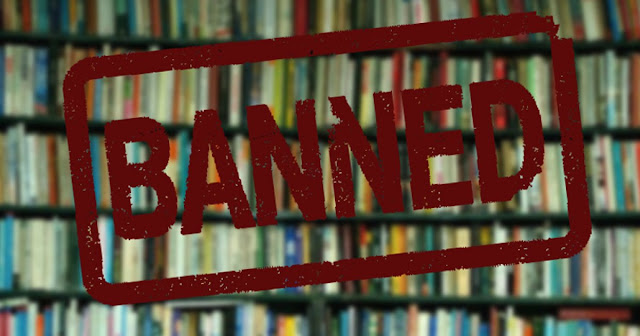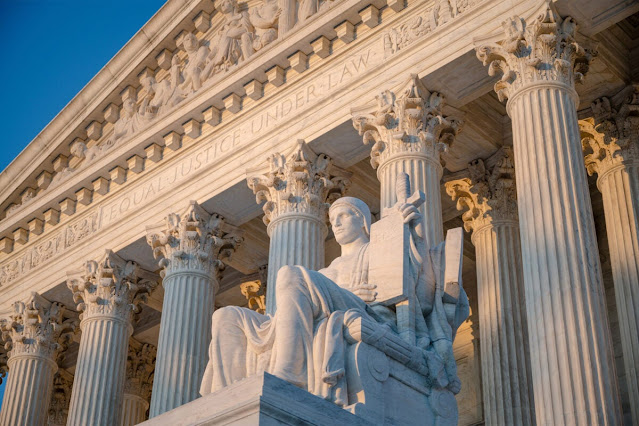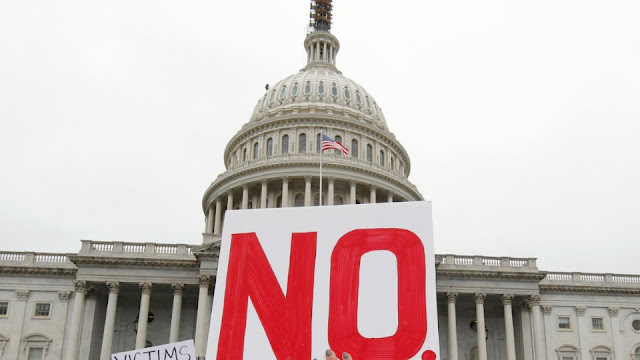As Robert Shapiro recently noted, "the Biden job boom is bigger than we thought." Even since that piece was published, the good news continues to roll in.
This didn’t happen by accident. Because of the actions we took, last year we achieved the fastest economic growth in nearly four decades. pic.twitter.com/s0jdy8FiWM
— President Biden (@POTUS) January 29, 2022
But no one at the White House is ready to simply rest on their accomplishments.
As Teaganne Finn documented, "the farm sector has fared quite well under the new administration." Not only are commodity prices up, the president's "competitiveness agenda" has a long-term strategy of helping farmers compete with monopolies like the four companies that control 85% of the meat-packing business.
Building on an executive order from July 2021, the Biden administration announced earlier this month it intends to provide $1 billion in American Rescue Plan funds to help expand independent processing capacity, and provide funding that would give independent meat producers access to cold storage and other equipment to improve distribution of their products.
Both the coronavirus pandemic and Trump's trade war with China created a shortage of semiconductor chips that are not only used in computers, but have become standard equipment in things like cars. That shortage became a major contributor to inflation.
Recently the American technology company Intel announced that it will invest $20 billion to build a semiconductor factory in Ohio. At the end of a video clip of company executives explaining their long term plans to make this the largest semiconductor manufacturing plant in the world, Senator Sherrod Brown replied by saying, "Nobody's calling us the Rust Belt anymore."
But that isn't the end of the story. While all of the media has been focused on the failure of the Senate to pass the Build Back Better Act, the president is focused on passage of the U.S. Innovation and Competition Act, which includes $52 billion to incentivize more private sector investments in the semiconductor industry. The Senate has already passed that legislation and it is now being taken up in the House.
As soon as next week, the House is expected to consider a $250 billion proposal to strengthen U.S. technology, manufacturing and research as the Biden administration tries to address global shortages in areas such as computer chips that have contributed to the surge in inflation.
President Biden is fond of saying that addressing climate change means jobs. That was highlighted last week by this announcement:
General Motors said Tuesday that it would spend $7 billion to build a battery plant in Michigan and overhaul an existing factory outside Detroit to begin producing electric pickup trucks by 2024.
The investment will create 4,000 jobs and significantly increase G.M.’s capacity to build electric vehicles in the United States, the company said.
GM isn't the only one. Companies like Toyota and Ford are ramping up domestic production of batteries and electric cars. Even Mack Truck is getting in on the action by rolling out electric garbage trucks.
All told, the impact of these efforts in just the first year of Biden's presidency is impressive.
Instead of losing manufacturing jobs, since I came to office America has added 367,000.
— President Biden (@POTUS) January 29, 2022
That’s the highest increase in U.S. manufacturing jobs in nearly 30 years.
It is worth remembering that the former guy talked a big game when it came to manufacturing jobs. He got a ton of press for announcing that he had saved the jobs at a Carrier plant in Indiana that the company had planned to outsource to Mexico. Touting his success, Trump said that, "companies are not going to leave the United States anymore without consequences. It’s not going to happen, We’re not going to have it anymore.” That didn't work out so well.
While about 800 jobs that were slated to leave the Indianapolis plant stayed put, 632 others were eliminated along with an additional 738 from a second Carrier plant in Indiana that closed, according to company filings with state and federal officials. Company-wide, Carrier eliminated an additional 1,300 positions last year.
It turns out that the guy who bragged about his skill at deal-making, wasn't so good at follow-through.
Throughout his presidency, Trump has had little success with his highly personalized attempts to bend corporate decision-making to his will and reverse a generation-long decline in U.S. factory jobs...Trump’s partial victory in Indianapolis illustrates the limits of his hands-on approach, which favors attention-grabbing maneuvers rather than comprehensive policy development.
By the time Trump left office, the United States has fewer factory workers than when he was inaugurated.
Those are the facts about what Trump did while in office and what Biden has accomplished in just one year. The political question is whether that will make any difference to the working class voters who gravitated to the former guy's so-called "populism." To the extent that facts and policies matter, it should. But I'm not one of those people who thinks that's what Trump's appeal was all about.

























